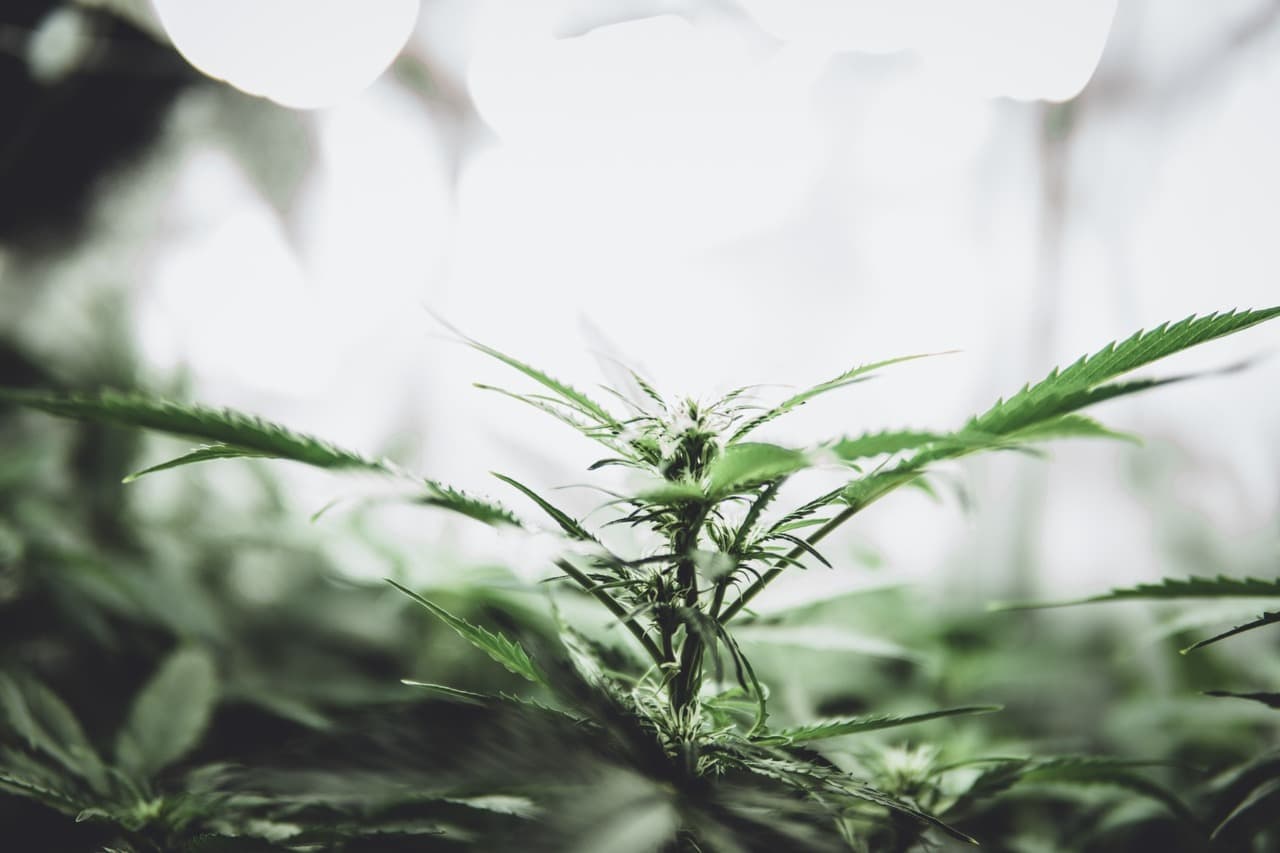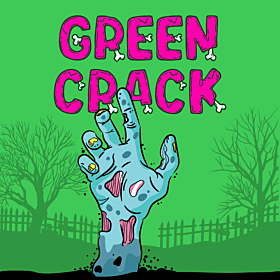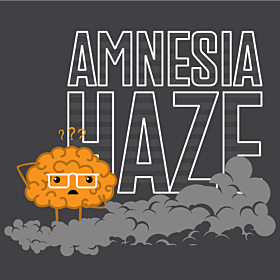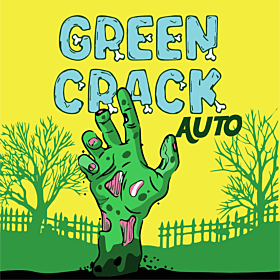Connecticut
Cannabis seeds in Connecticut
Bottom Line:
If you’re thinking about growingcannabis seeds in Connecticut, there are some laws you need to know about. The Nutmeg State currently permits the consumption, possession, and purchase of cannabis, but recreational users aren’t allowed to grow it just yet.
Luckily, new legislation is already in place, and the law will change for recreational marijuana growers during the course of 2023. Discover everything you need to know about Connecticut’s marijuana laws so you can prepare your garden for when it’s legal.
Are weed seeds legal in Connecticut?
Medical marijuana has been legal for registered patients since 2012. Connecticut allows people with various conditions to register for its medical program with a doctor’s diagnosis.
Cannabis was first decriminalized in 2021, but recreational users officially got the green light on January 10th, 2023. All residents over the age of 21 can buy, use, and possess specific amounts of cannabis in the Nutmeg State.
The only remaining issue is at-home cultivation, which has only been permitted for medical users since October 1st, 2021.
The legislation allows registered patients to grow six plants, but cultivation must remain indoors, and you can’t have more than three mature and three immature plants. There’s also a cap of 12 cannabis plants per household.

Recreational consumers will legally be allowed to grow Connecticut marijuana seeds from July 1st, 2023, with the same restrictions.
Possession of over 5 oz. in a locked container may incur a fine of up to $500 for a first offense, while repeats could include three months in jail. Carrying more than 1.5 oz. in public could lead to one year in prison with a possible $2,000 fine.
Residents over the age of 21 can legally buy marijuana seeds in Connecticut and other products from licensed dispensaries. The state permits up to seven grams per transaction for personal use.
So far, around nine stores have received a hybrid license, allowing them to sell medical and recreational products. You can also find high-quality buds and pot seeds online for sale.
Purchasing from anywhere other than a licensed dispensary is illegal, with penalties varying on the amount.
Indoor or outdoor growing?
Only registered patients can cultivate medical marijuana seeds in Connecticut. However, all residents will legally be allowed to grow plants at home from July 1st, 2023. While you wait, discover the optimal conditions for cultivating marijuana crops indoors and outside.
Cultivating your cannabis plants inside protects them from the external elements, like harsh rains and winds, pests, and other people. You can also maintain the perfect temperature, light, and humidity year-round and collect multiple harvests.
Outdoor cultivation depends on your area’s climate and your available space. If you have the right tools, it may offer higher yields and come with fewer hassles. Ultimately, the decision depends on your preferences, needs, and resources.
What to consider when growing cannabis in Connecticut
When growing recreational weed becomes legal, you’ll have the upper hand in the cultivation department with this knowledge. Discover the top things to consider when growing cannabis seeds in Connecticut, including climate conditions, pests and diseases, and when to plant.

Climate conditions
Southern Connecticut has a subtropical climate, while the central parts receive some snow in fall and winter. During the springtime, temperatures range between cool and warm. Watch out for blizzards, heat waves, and tropical storms, as these are yearly occurrences.
Many areas are ideal for cultivating cannabis plants, especially near the Connecticut River and along the coastline. These regions have regulated temperatures and are typically warmer.
An indoor setup may be more suitable if you don’t live in these areas since you can control the temperature, humidity, and other factors.
Pests and diseases
The Nutmeg State has humid summers, meaning as the moisture levels rise, so does the risk of pests and diseases. Spraying your cannabis plants with organic pesticides may prevent these issues. Opt for strains that are resistant to pests and diseases for easier management.
When to plant seeds
The optimal time to sprout autoflower seeds and other strains depends on where you live in Connecticut.
It’s usually best to germinate your seeds in April, plant around the beginning of May, and harvest around September to October if you plan on cultivating outdoors. Indoor growers can start their grow op at any time during the year.

The strains we recommend growing in Connecticut
Some strains are more suited to the Nutmeg State than others. When growing recreational cannabis becomes legal, consider choosing from these Connecticut cannabis seeds:
- Alien OG feminized: This beginner-friendly strain flowers for around 8–10 weeks and produces up to 12 oz./m² indoors and 17 oz./plant outdoors. It thrives in conditions where the climate is consistently warm and sunny, so it’s best to grow it indoors.
- Big Bud feminized: This cultivar prefers balanced humidity levels and is slightly shy of hot climates. It doesn’t require much attention and flowers for 6–8 weeks, producing 28–42 oz./plant outside and 21 oz./m² indoors.
- Lavender feminized: This strain is suitable for growers with little experience. It thrives in organic soil and favors sunny, Mediterranean-like climates. It flowers for nine weeks and yields around 23 oz./m² indoors and 14–21 oz./plant.
- Moby Dick autoflower: This cultivar requires a stress-free environment and grows horizontally rather than vertically. It goes from seed to harvest in around 11 weeks, yielding 17 oz./m² indoors and 8 oz./plant outdoors.
- Northern Critical feminized: This strain is easy to cultivate and resilient to mold and diseases but occasionally requires pruning to create better airflow. It flowers for eight weeks, producing around 19 oz./m² indoors and 32 oz./plant outdoors.
The lowdown on cannabis seeds in Connecticut
Whether you’re searching for marijuana seeds for sale in Connecticut or other products, you can legally buy them at licensed dispensaries if you’re over the age of 21. Keep the possession restrictions in mind and don’t consume marijuana in public.
Registered medical patients can legally grow cannabis at home, but recreational users will need to wait until July 1st, 2023 to do the same.
Once the law permits it, consider growing your weed plants indoors, as the state’s weather conditions can be unpredictable in certain regions. Blizzards, heavy rainfall, and tropical storms are frequent in Connecticut, so cultivating indoors protects your crops.
If you live close to the ocean or along the Connecticut River, consider an outdoor grow op. These regions have ideal conditions for cannabis plants to thrive. Prevent issues by spraying your plants with organic pesticides or purchasing a strain resilient against pests and diseases.
Recreational users will soon be able to grow cannabis seeds in Connecticut at home. Until then, stock up on your steed stash by browsing our range of high-quality, genetically stable marijuana seeds.
Seed Supreme stocks more than 1,500 feminized, autoflower, and regular marijuana seeds with high THC levels. Enjoy free seeds and a germination guarantee with every purchase.








































